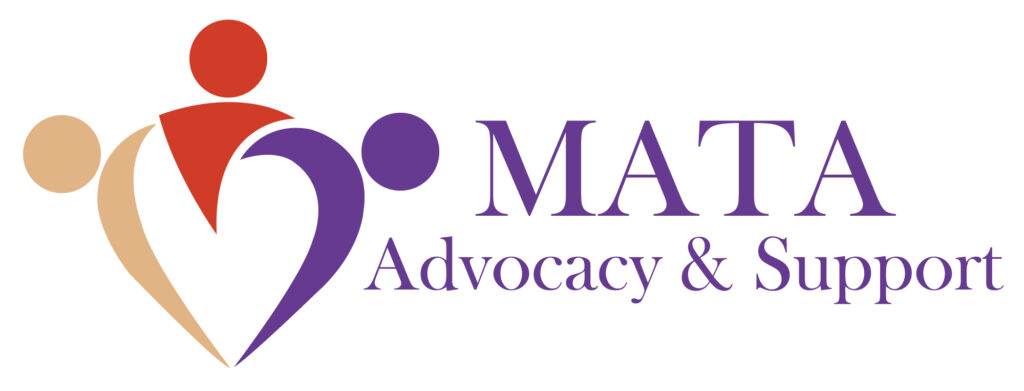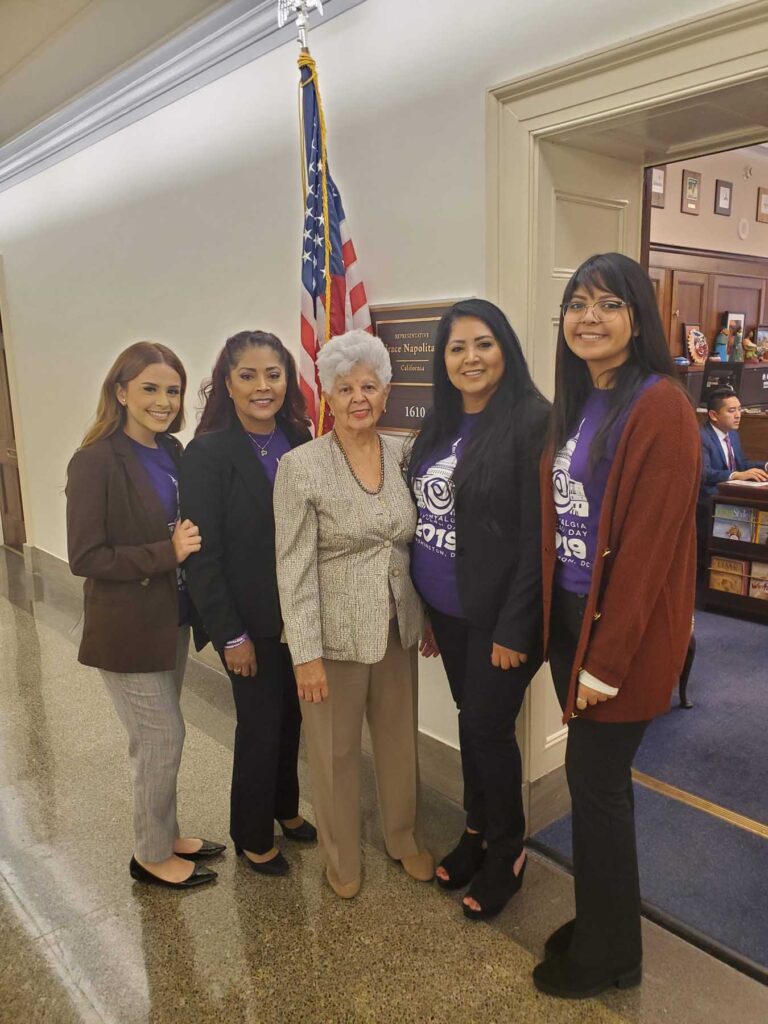
Our Story
Their advocacy efforts have been lauded by patients, legislators and shared stakeholders alike. Juana and Estela’s commitment to empowering fellow patients, caregivers and the community as a whole are admirable. The difference they have made in the lives of their cohort and peers is measurable by the growth they have delivered to their communities.
Their connections and experience allow them to support patients worldwide. In doing so, they have proven their worth to industry and advocates alike. The diverse efforts they have demonstrated allow their unique perspective to share the common experience. The added benefit of being bilingual gives them the ability to support and connect with a community of their peers. The natural empathy and compassion both sisters have allows them to connect at a deeper level.
Juana and Estela’s advocacy efforts began in 2009. Every day there are many people living with chronic health conditions that are facing many barriers to access to equitable and affordable care. There are patients that are dismissed, that are not being heard or given the care that they need. Collaborating directly with patients and caregivers in the community, seeing the challenges and barriers they faced daily, juggling the healthcare system, accessing treatments, was what encouraged Juana and Estela to continue to support, advocate and amplify the patients voice to drive change.
Mata Advocacy and Support (MAS) is an advocacy consulting firm dedicated to improving the lives of those in need. They have been advocating and providing support for over 12 years delivering information and empowering their communities. The sisters saw an unmet need, Juana a social worker serving families and Estela, a caregiver who worked in healthcare field, wanted to make a difference.
In 2011, they founded Looms for Lupus, a non-profit organization providing resources and awareness to minority families and those affected by Lupus and overlapping conditions such as Fibromyalgia and Mental Health. Looms for Lupus primary goal is to provide an environment for education and outreach to Lupus and Fibromyalgia survivors and their family members through multiple avenues such as hands-on workshops, informational clinics, bilingual resources, and psychosomatic support groups for overall physical and mental health.

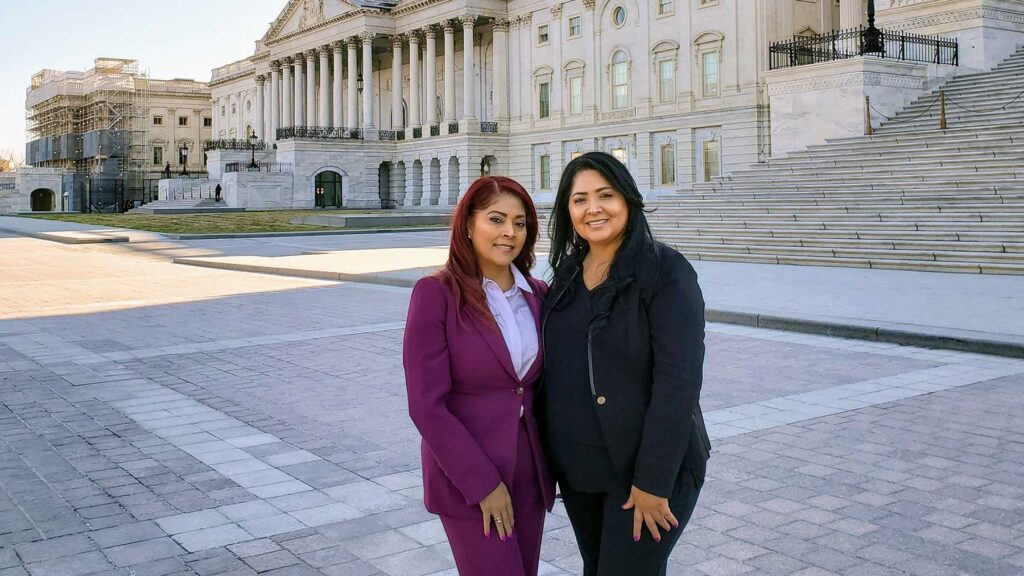
Capitol Estela and Juana
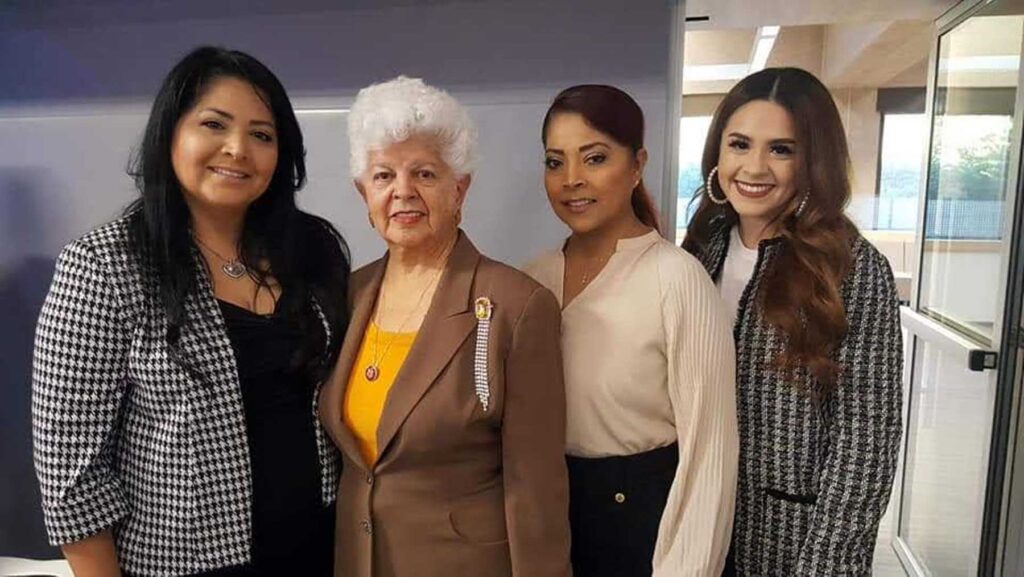
Congresswoman Napolitano- Mental Health Caucus
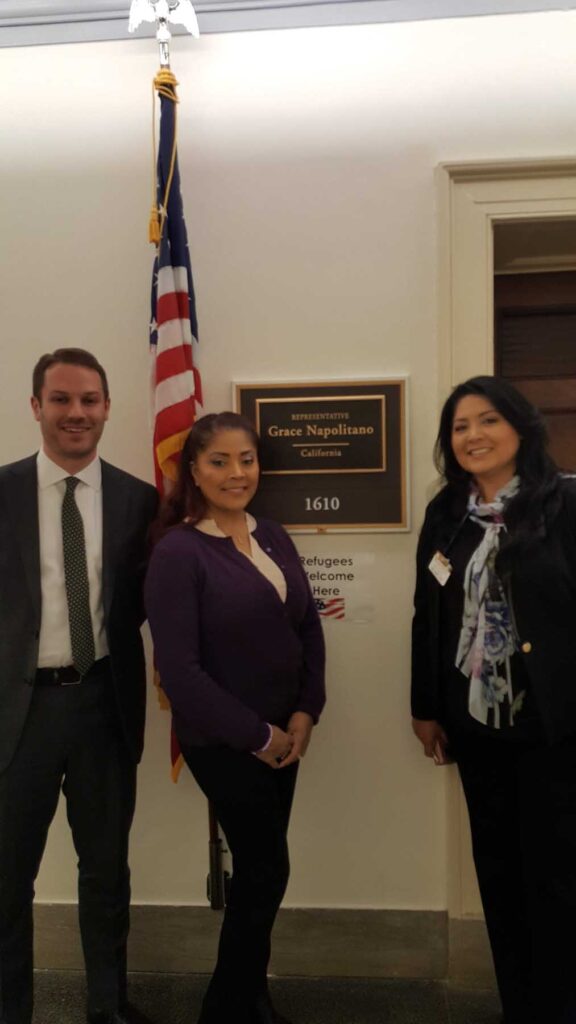
Napolitano DC with Joseph
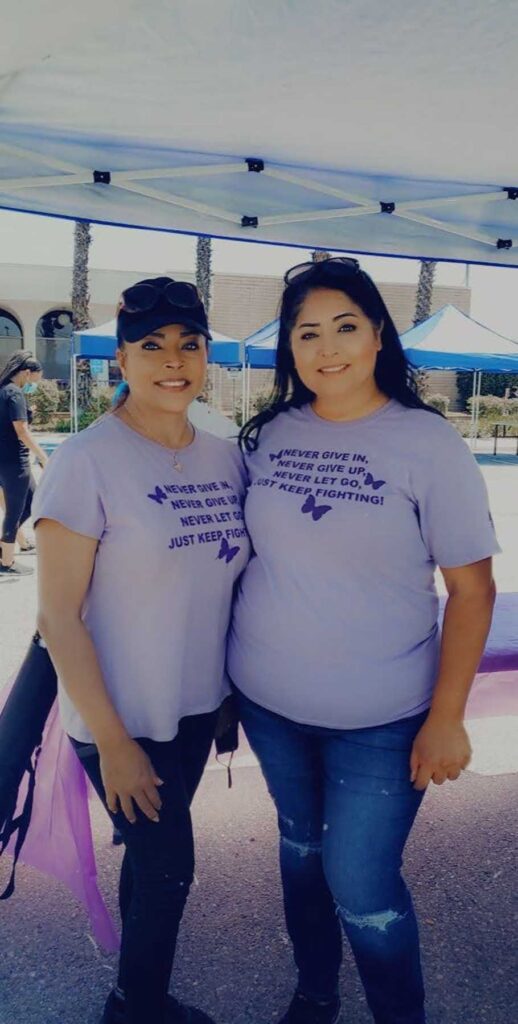
LoomsforLupus Health Fair
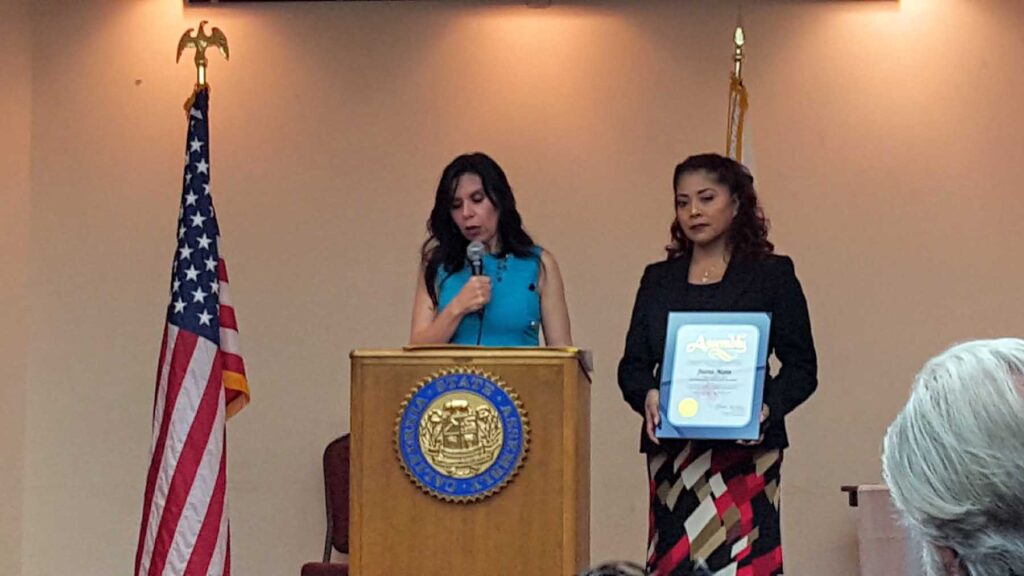
woman of the year- Juana Mata Assemblywoman Blanca Rubio
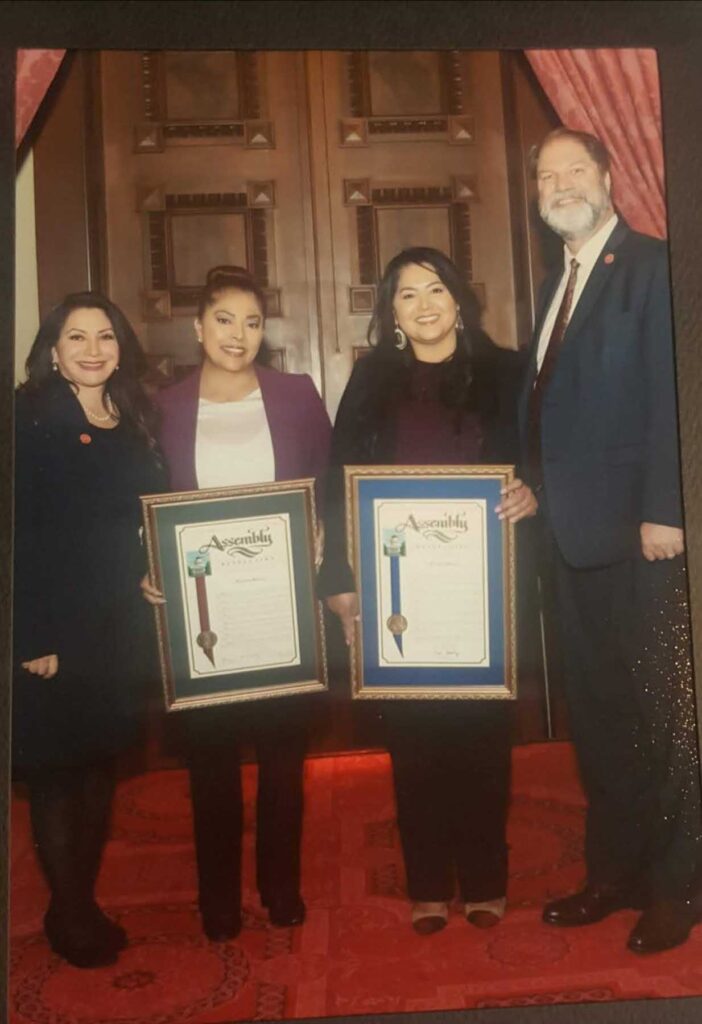
Senator Rubio Recognition
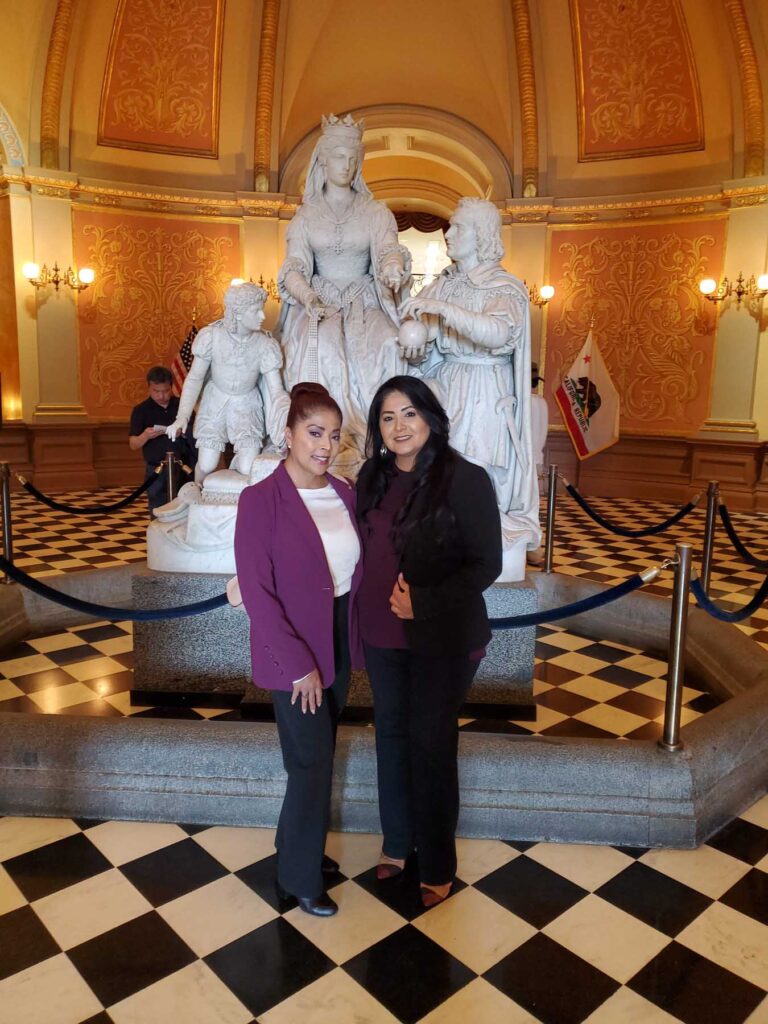
Sacramento Estela and Juana
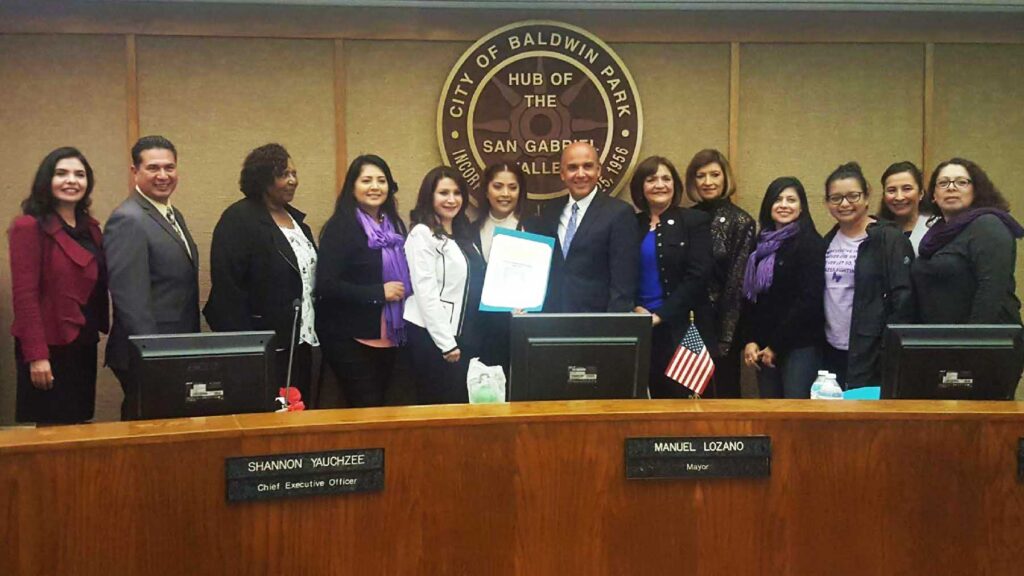
Proclamation city of Baldwin park
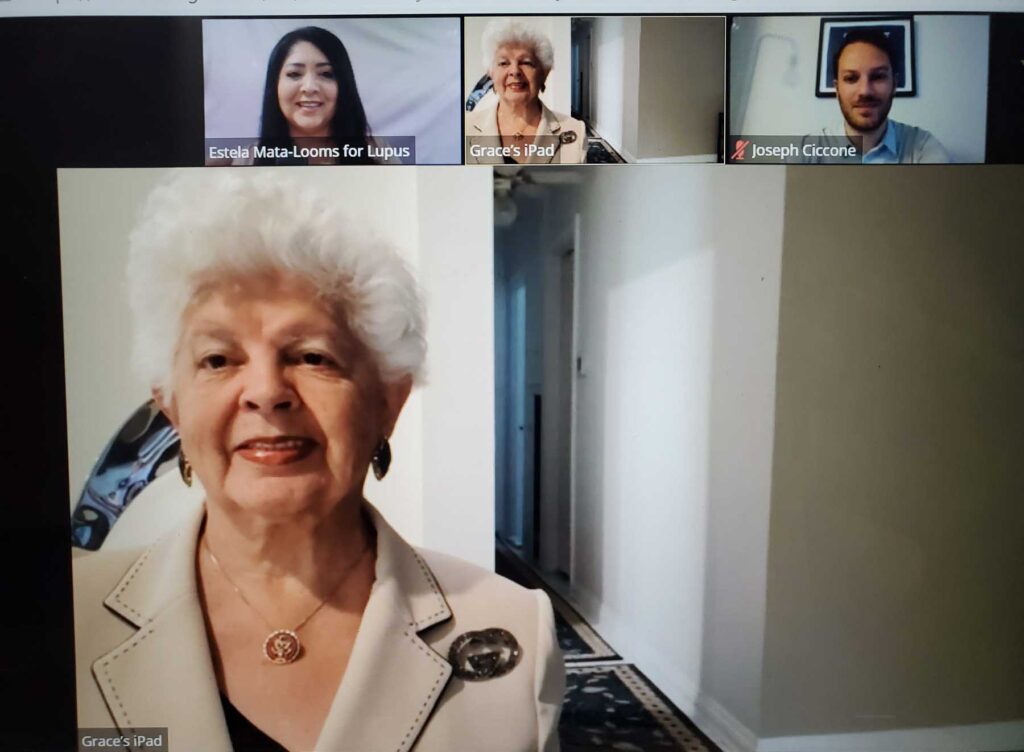
Zoom Advocacy with Congresswoman Napolitano
In 2009 when Juana felt ill and went into Urgent Care, she had so many symptoms, explained them all to the provider and was sent home. Juana knew there was something wrong, she persisted and insisted and finally go was heard, her labs were extremely concerning, and she was rushed to the Emergency Room, it was then where she was diagnosed with thrombocytopenia and Lupus, an autoimmune condition which resulted in her getting admitted to ICU for 7 days. If Juana would not have advocated for herself, she would not be here today. Her platelets were extremely low that she would have died that night. With a life-threatening life changing diagnosis and no FDA approved treatment for Lupus, Juana was sent home.
There was truly little information about Lupus, no FDA approved treatment for Lupus, no Spanish support or information available. Juana, her sisters, and family wanted to learn more about Lupus, how they could help Juana and support her. Lupus was not only affecting Juana physically but mentally as well; it was affecting her family and community. Juana started loom knitting to relieve stress. Juana and her family would gather to support each other.
There were so many gaps needed to be filled, lack of or limited resources, support, and awareness. The sisters saw an unmet need, Aracely an officer that served the community, Juana a social worker serving families and Estela who worked in healthcare wanted to make a difference. In 2011 they founded Looms for Lupus, a non-profit organization providing resources and awareness to minority families and those affected by Lupus and overlapping conditions such as Fibromyalgia and Mental Health. Looms for Lupus primary goal is to provide an environment for education and outreach to Lupus and Fibromyalgia survivors and their family members through multiple avenues such as hands-on workshops, informational clinics, bilingual resources, and psychosomatic support groups for overall physical and mental health. These support groups include a Licensed Clinical Social Worker and incorporate empowerment tools for self-advocacy, stress relieving modalities\techniques, importance of engagement in care, tracking symptoms, adherence to treatment and healthcare literacy.
